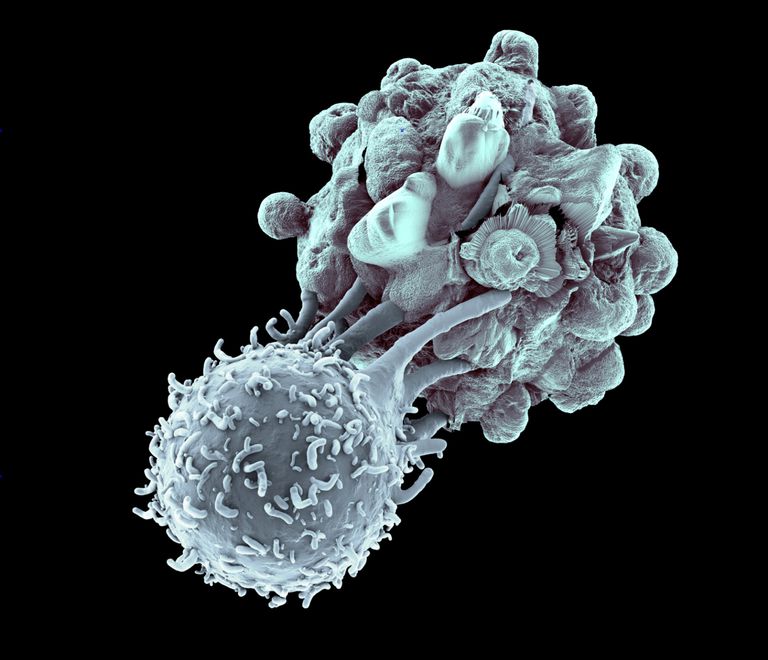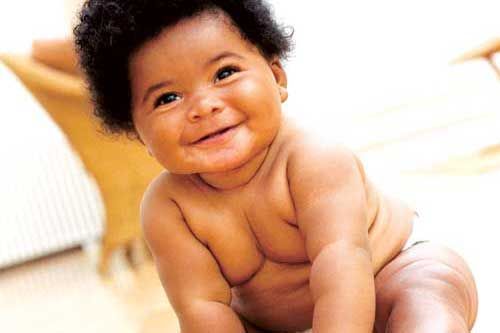World breastfeeding week comes around every year, from the 1st to 7th of August, while the entire month is dedicated to awareness. Breastfeeding is the most traditional and still remains the best feeding method for babies.
It’s no news that all health regulatory bodies insist on exclusive breastfeeding for the first six months of life. And the World Health Organization (WHO), advises continuous breastfeeding for a period of 24months into the child’s life. But what exactly are the factors that inform these recommendations?
Infant mortality in Nigeria is ranked as the 11th highest in the world by the World Health Organization. According to nutritionist, Mrs. Ada Ezeogbu, speaking at Media-Dialogue-for-Breastfeeding-and-Global-Breastfeeding Collective, over 100,000 children are lost annually due to poor breastfeeding practices.
She believes that the two biggest child killer diseases, pneumonia and diarrhea are easily avoided or minimized in exclusively breast-fed children.
CHECK OUT; 5 REASONS YOU NEED A PEDIATRICIAN
Advantages of Exclusive 6-month Breast feeding
-
Stronger immunity

Boost your baby’s ability to fight diseases. Newborns and infants are at the most precarious stage of their growth. It is necessary they get maximum nutrition to help them build up immunity against certain disorders. This is most especially true as they shouldn’t be taken antibiotics much at this age.
-
Infection free

Breast milk protects against infections. Unlike bottle-feeding, breast milk doesn’t require long and thorough washing and sterilization processes. If the bottles are not well kept, washed or sterilized, they become breeding ground for bacteria and a whole new world of germs. This makes breastmilk a stress-free choice which simply requires good body hygiene for the mother.
-
Intelligence Quotient

Build up the smarts A lot of people allude to the fact that exclusively breastfed children tend to be quite smart. With relations to non-exclusively fed infants, there might not be enough evidence to support or deny this belief.
-
Diarrhea

Toddler suffering from watery stools Poor hygiene practices by Nigerian mothers when it comes to handling baby feces can easily result in diarrhea. A mother who believes the child’s poop is harmless, wouldn’t wash her hands well or at all before dealing with eating utensils to feed same baby.
-
Economy

Breastfeeding is pocket friendly According to recent international news, Nigeria now outranks all others as the poorest country in the world. Cost of good quality infant formula runs into tens of thousands per pack, which may not last more than a week. Exclusive breastfeeding saves the parents, the economy and nation as a whole from spending millions on formula.
-
Obesity

Childhood obesity can continue into adulthood Obesity in kids and adults are both associated with complementary feeding before the 6 month mark. Children who rely on breast-milk only, for the earlier part of their lives, grow into healthy weights.
-
Cancer

NO to breast cancer Breastfeeding has been touted as reducing the risk of breast and ovarian cancer in mothers in later years. It also reduces risk of osteoporosis and enables production of oxytocin which makes the uterus shrink to normal size.
-
Bond

The mother-child bond In all the hustle and bustle of a new birth, especially in traditional African settings, the breastfeeding time allows the mother bond with her child. This is an invaluable aspect of breast feeding.
The advantages of exclusive breastfeeding sure do matter a whole lot. However, this in no way belittles the challenges that come with exclusive breastfeeding. No matter whether you have been exclusively breastfeeding or not, it is imperative to breast feed as much as possible. The nutrients contained in breastmilk are always of benefit to a growing child.
Important Breastfeeding Practises
- Breastfeed within the first one hour of birth to activate the lactating process and strengthen the immune system of the child. Colostrum, the yellowish milk that comes out first is an essential first meal for the newborn.
- Breastfeed on demand. This means you make the breast available every time a child needs it.
- Limit or totally do away with using bottles and pacifiers.
- Do not give water either, it could lead to malnutrition in exclusively breastfed babies.
- Stay healthy. In order to lactate well enough and be strong enough to breastfeed, you need to take good care of your health and eat well.










Your article helped me a lot, is there any more related content? Thanks!